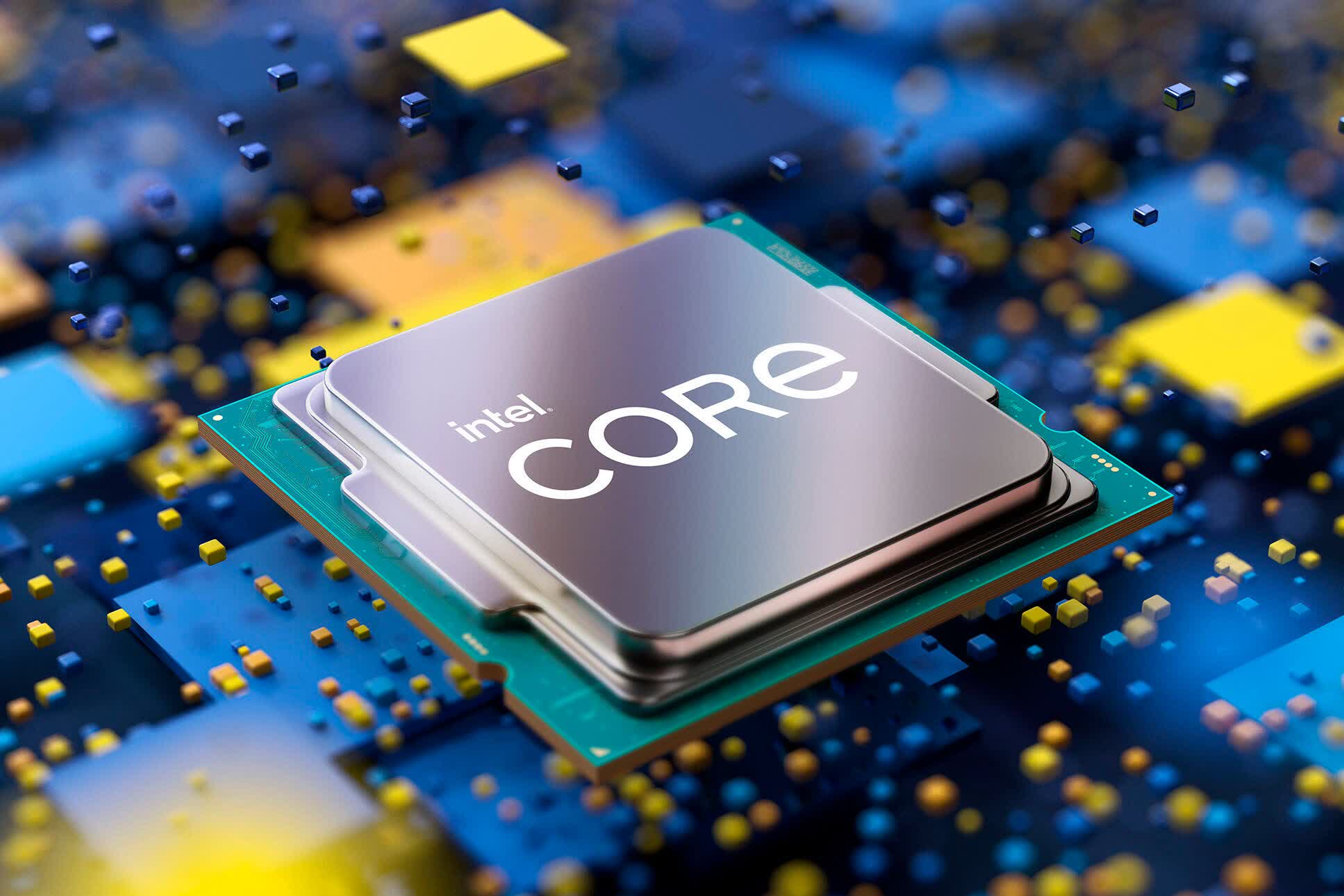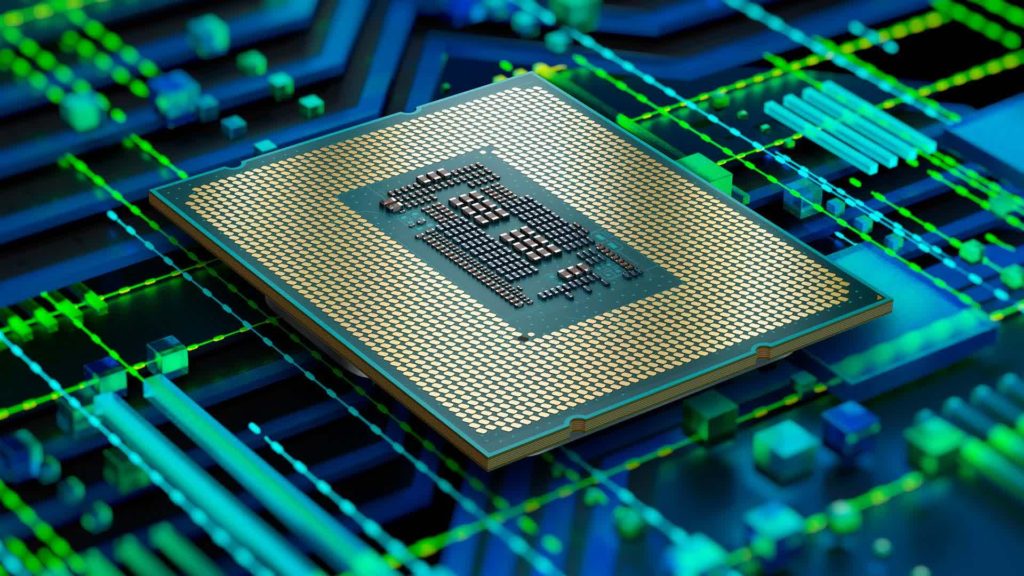Rumor mill: New information from a couple of known leakers has strengthened existing rumors about the makeup and release dates of Intel’s upcoming Raptor Lake processors. The first models will likely start shipping this fall, and they are an evolution from Alder Lake rather than a revolution.
This week, an established leaker claimed that the first 13th generation Intel CPUs will release on October 17. Also, this week, another leaker posted internal Intel documents confirming the upcoming processors use the same microarchitecture as Alder Lake, which launched last year.
The release date comes from Enthusiastic Citizen (ESCM_Official), who recently shared benchmarks of Raptor Lake’s Core i5-13600K. They claim Intel will unveil its next-generation CPUs at its Innovation event in September, before an October 17 launch. Earlier rumors pegged the date inside October.

That initial launch includes the i9-13900K, i7-13700K, and i5-13600K, along with Z790 chipset motherboards. Intel will reveal the non-K Raptor Lakes at CES 2023 on January 5 before releasing them along with the H760 and B760 chipsets in the second half of January.
Meanwhile, InstLatX64 – who in 2020 revealed Geekbench tests for Intel Lakefield processors – posted Intel documentation this week listing Raptor Lake and Alder Lake under the same architecture group. The company’s Top-down Microarchitecture Analysis spreadsheet (linked in the embedded tweet) groups CPUs going back multiple generations by microarchitecture with “ADL/RPL” (Alder Lake/Raptor Lake) first.
According to the #Intel Top-down Microarchitecture Analysis (TMA) documentation:#GoldenCove uarch = #RaptorCove uarch
For comparison:#WillowCove != #SunnyCove != #CypressCove#KabyLakeR = #CoffeeLake = #CometLakehttps://t.co/FXrCgNBN40 pic.twitter.com/yCl9BYZmzs— InstLatX64 (@InstLatX64) July 21, 2022
That analysis coincides with what we already know about the similarities and compatibilities between Intel 12th and 13th gen processors. A recent sample of the 13900K shows that its performance gains rely on increased power consumption because it uses the same Intel 7 semiconductor node as the previous generation. Additionally, the Intel 600 series motherboards that support Alder Lake will support Raptor Lake through BIOS updates. The upcoming Intel CPUs will also continue to support DDR4 RAM along with the latest DDR5 RAM.
Intel’s 14th generation Meteor Lake chips, possibly based on the upcoming Intel 4 node, should offer a more dramatic difference in performance when they arrive in late 2023.
